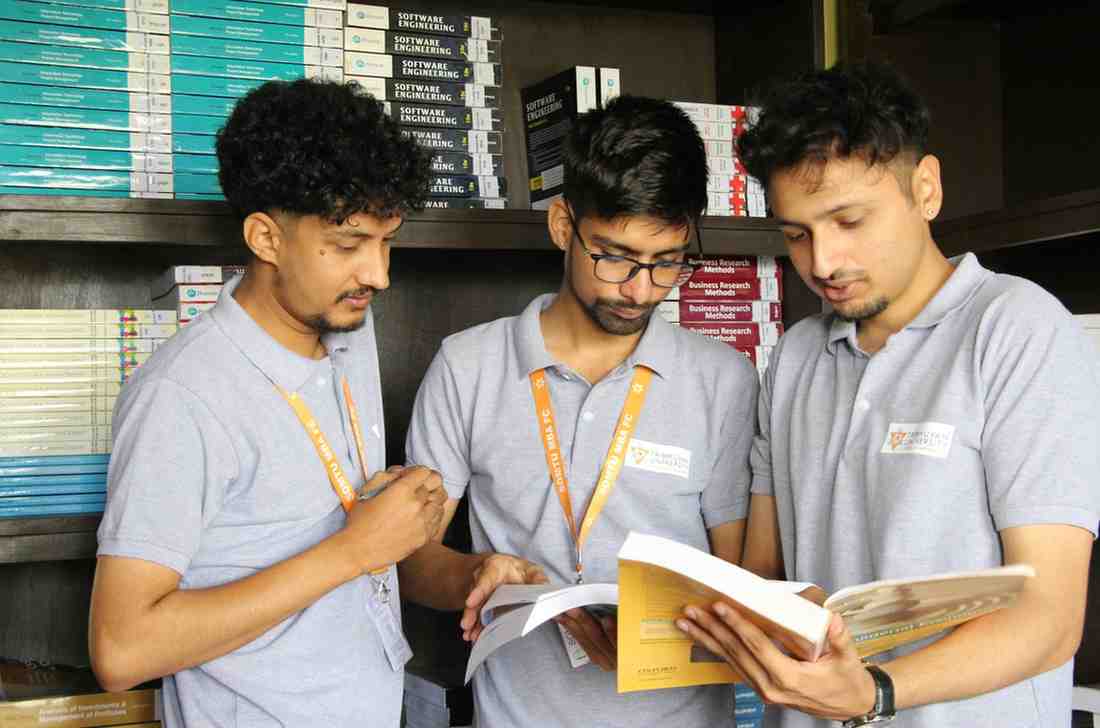
Are Democratic Institutions Losing Their Integrity to Capitalist Interests?
- admin
- October 14, 2025
- Capital Journal
- 0 Comments
New Delhi, India, 2025 — Democracy, hailed as the government of the people, is increasingly scrutinized for its vulnerability to capitalist influences. In India and globally, concerns are mounting that economic powerhouses may compromise democratic institutions, favoring the interests of the wealthy elite over those of the general populace.
This article delves into the interplay between capitalism and democracy, examining whether the growing influence of economic interests is undermining democratic foundations, supported by official data and real-world examples.
The Growing Nexus Between Capitalism and Democracy in India
1. Corporate Dominance in Electoral Funding
Corporate funding has become a significant driver of political campaigns in India, raising concerns about undue influence.
- Fact: According to the Association for Democratic Reforms (ADR, 2024), 72% of political donations in India are sourced from corporations, predominantly through anonymous electoral bonds.
- Impact: This lack of transparency allows corporate entities to shape policy decisions, often at the expense of public welfare.
- Example: Tax concessions worth ₹1.45 lakh crore were provided to corporations in 2024, while allocations for health and education remained stagnant.
2. Privatization and Public Welfare
India’s push toward privatization has fueled debates about balancing economic efficiency with public welfare.
- Data: The sale of public sector undertakings (PSUs) has generated over ₹3.1 lakh crore since 2020 (Department of Investment and Public Asset Management).
- Impact: While privatization has improved efficiency in sectors like airlines and telecommunications, critics argue that it has led to reduced access to essential services for marginalized groups.
- Example: Rural populations experienced a 20% increase in healthcare costs due to reduced access to affordable public hospitals (NITI Aayog Report, 2024).
Recent Controversies and Global Comparisons
1. Rising Income Inequality
Economic disparities have reached alarming levels, raising questions about equitable representation in policymaking.
- Fact: Oxfam India’s 2023 report highlighted that the top 1% of Indians control over 40.5% of the nation’s wealth, while the bottom 50% owns only 3%.
- Example: Budget allocations for rural welfare programs decreased by 12% in 2024, despite rising rural unemployment rates.
2. Media Control and Narrative Shaping
Media, often regarded as the “fourth pillar of democracy,” is increasingly influenced by capitalist interests.
- Fact: India ranked 150th in the World Press Freedom Index (2024), with major media outlets owned by corporate conglomerates.
- Example: Investigative journalism on corruption and environmental issues declined by 18% in 2024, reflecting the growing pressure on independent media.
3. Global Perspectives: Lessons for India
- United States: Corporate lobbying influences legislation, with significant control over healthcare and defense policies.
- Lesson for India: Regulate corporate donations and enforce transparency to safeguard democratic integrity.
- Hungary: Populist leaders used capitalist backing to consolidate power while undermining press freedom and judicial independence.
- Lesson for India: Strengthen institutional autonomy to resist similar trends.
Challenges to Democratic Integrity
1. Policy Skew Toward Elites
Corporate influence in policy formulation has led to prioritization of industrial incentives over social equity.
- Example: The 2024 Union Budget reduced subsidies for small-scale farmers by ₹15,000 crore while increasing tax benefits for large agribusinesses.
2. Marginalization of Grassroots Movements
Populist governments often dismiss grassroots protests as anti-development.
- Example: Anti-mining protests in Jharkhand faced internet shutdowns and arrests, sidelining tribal concerns about displacement and environmental degradation.
3. Decline in Electoral Diversity
High campaign costs discourage grassroots leaders from contesting elections, concentrating power in a few political parties.
- Fact: In the 2024 General Elections, over 88% of candidates were crorepatis (ADR, 2024).
Reclaiming Democracy from Capitalist Influence
1. Transparent Electoral Reforms
- Enforce mandatory disclosure of political donations and limit anonymous contributions.
- Example: The Election Commission of India (2025) proposed a public funding model for elections to reduce corporate dominance.
2. Strengthening Public Welfare
- Prioritize investments in education, healthcare, and social security to bridge economic disparities.
- Example: Expanding funding for Ayushman Bharat could improve healthcare access for rural populations.
3. Media Independence
- Diversify media ownership and fast-track the Journalist Protection Bill to safeguard press freedom.
4. Inclusive Policymaking
- Establish citizen councils to provide input on critical policies, ensuring grassroots representation.
Conclusion: A Call for Democratic Vigilance
The growing influence of capitalist interests poses a significant challenge to the integrity of democratic institutions in India. While economic growth is essential, it must not come at the cost of public welfare, institutional independence, and equal representation.
By implementing transparent reforms, fostering inclusive governance, and protecting civil liberties, India can ensure that democracy remains resilient and reflective of its people’s aspirations, resisting the shadow of unchecked capitalism.



